A few years ago I spent a considerable amount of time in the home of a German composer. Ex-hippie, ex-drummer in a rock band, presently a composer and percussionist for his own ensemble of musical theatre. Among the many things I learned in his home, one important aspect was listening to the little things that occur around you every day. Music was simply born out of every small gesture. The domestic routine was part of the artistic perception in one form or another, while eating sweets or listening to a song that had just been recorded in the studio, the attention, willingness to give or the pleasure you felt weren’t what was different, but the source material that you worked with and the long term effect it had over you and others was key.
The moment I discovered the practice of resonant walks coincided with this new understanding of sound and of its characteristics and symbolism. For a long time I didn’t know how to organically incorporate a Bach fugue into the general feel of a day or a city.
Following John Cage – the line between noise and music fades. But I did not know how to integrate this idea in straight-forward musical thinking or in my own artistic and human experiences. The resonant walks added to my sensibilities a few elements that I think I needed without even knowing: the discipline of being quiet on the street, in a group, paying attention only to the audible world, with the rhythm of the body added as a continuous bass to the urban rhythm in this musical construct.
One of the most complex minds in musical thinking that applies to the wide contemporary society, the Canadian composer and theorist Murray R Schafer, the father of “acoustic ecology” and the author of The Tuning of the World, developed certain practices that could diminish the harmful effects that noise has over people, especially those living in cities. We perceive the environment as a musical composition and this is why we had a certain responsibility in the way it manifests; Schafer purposes a practice called “cleaning what you hear” and the resonant walks are a part of it.
For a man that was raised in the grand tradition of classical music, of virtuosity and continuous reporting to a glorious past, these walks are an act of humiliation, submission to the experiences of the present, balancing your aesthetical expectations and personal defeat in order to gain more profound acoustic and emotional experiences. Your only instrument is the city. Your calmness and patience set the tone of the group you lead, the value of the route you set.
If you abandon the rhythm, if your mind accepts the simplicity of this experience, if you take the city and your role seriously in this situation, a small change will occur. That is enough. The sensation of the environment changes and so does your inner narrative. When it comes to Bucharest – you trust the city and your life in it.
From Gabroveni inn, through the Hanul cu Tei passage way, to the old National Library, in the Russian church, through the University passage way, bypassing the Bucharest National Theatre, entering the underground parking lot of the Intercontinental and coming out through the hotel hallway, then going on Nicolae Bălcescu boulevard, passing the University square fountain, on Enei Chruch street, entering the English passage way, then the Victoria passage way and going on Victoriei street towards Villacross passage way and ending the journey on Lipscani street – this was our organized trail Sounds that wonder (Maria Balabaș and Daria Ghiu) as part of the Exploration section of the ARCUB project Bucharest 2021, European capital of culture. Marina Pângulescu, Mehdi Aminian, Mihai Balabaș, Daniel Djamo, Lucian Manciu were the artists that participated. The motto of this walk was, some might say, a verse from Isaiah, transcribed onto stickers: “’Be ever hearing, but never understanding; be ever seeing, but never perceiving.” A morning Bucharest, a different city in the afternoon, or on Friday, or on Sunday, weddings, christenings, protests, tourists, terrace personnel, festivals, quotes from Romanian movies (the Intercontinental parking lot makes an appearance in Cristi Puiu’s Aurora), the sound of the leaves in the wind, conversations from passersby, tensed moments (the people who live in the English passage way didn’t agree with Mehdi’s Iranian song and some reproved us by saying “this isn’t a village with no dogs, neither is it a mosque”, while others threw water over us).
These walks enforce a non-aggressive pact with the city. Moreover, the state of observant meditation is used before every concert, show or movie as a space of calm. These resonant walks are very helpful for my own artistic experience as a continuous reminder of the collage we are a part of, as a mirror for an acoustic memory and the sound and music relationship I have with the space around me.
A few of the participants’ thoughts on the resonant walks, collected by Daria Ghiu:
“Besides sleeping, this is the longest time I kept from talking.”
“There was a big contrast between what you feel in a classical tour of Bucharest and what I felt here. I gazed up at the sky a long time after I forgot about doing it… I heard my thoughts again.”
“I fell that this walk was a good experience. It is an experience of urban ecology. If such events took place more often, then there would be an imperceptible change in the city’s energy. I usually pay attention to sounds around me but this was something different, I had this intuition. This time I didn’t know the route. I discovered spaces, corners that I couldn’t believe I didn’t know until now. I felt the silence of those around me. I lost myself in my own mind.”
“After this experience I will start to discover the city acoustically and leave the headphones and the music I used to listen to before to isolate myself from the city sounds.”
Sunete care umblă. Plimbări sonore / Soundwalks, by Maria Balabaș and Dariu Ghiu, was between 5-7 June 2015 and is part of the project Bucharest 2021.
POSTED BY
Maria Balabaș
Maria Balabaș is a Romanian journalist and musician. She moderates Dimineața crossover - a daily show broadcasted by the Public Cultural Radio and she created projects dedicated to the new forms of ...
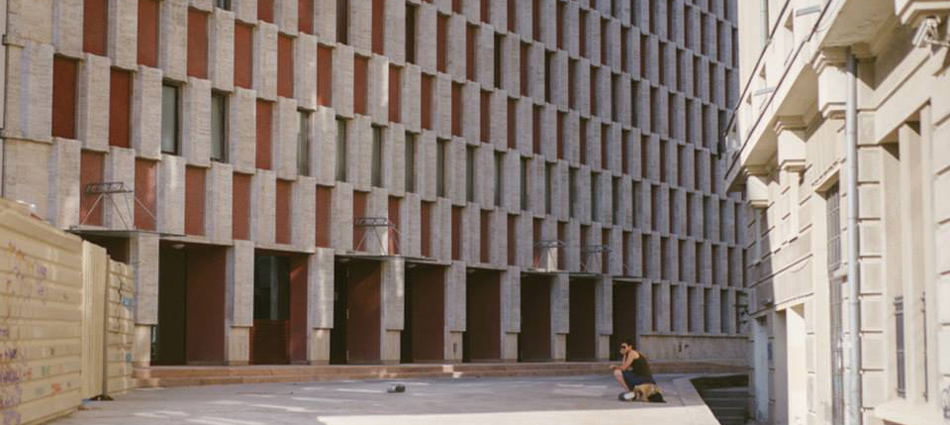
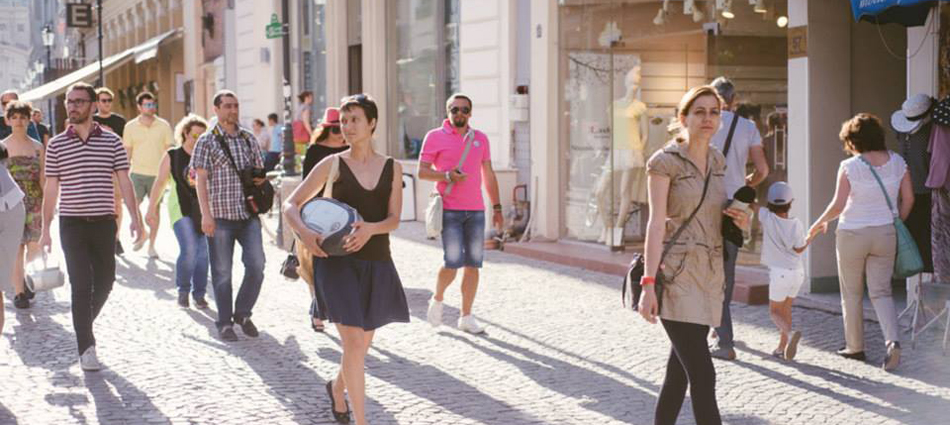
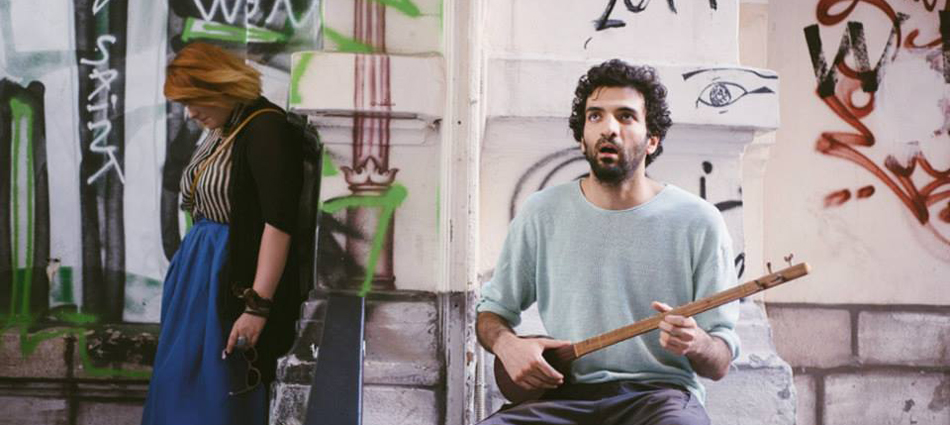
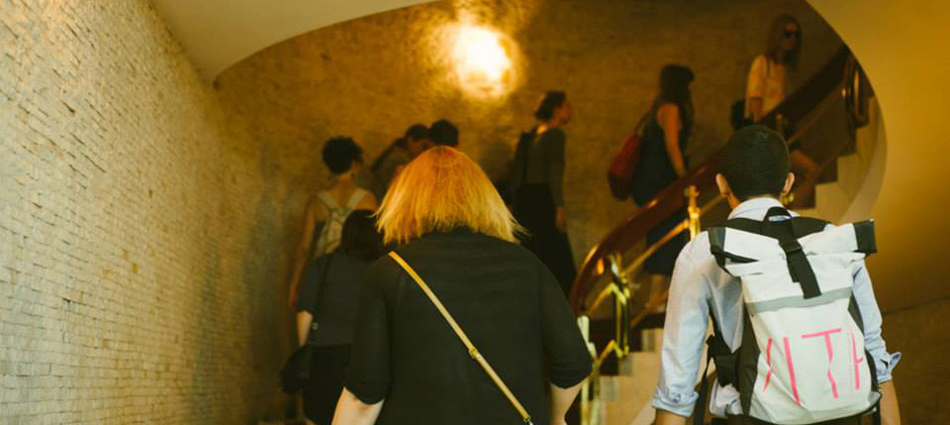
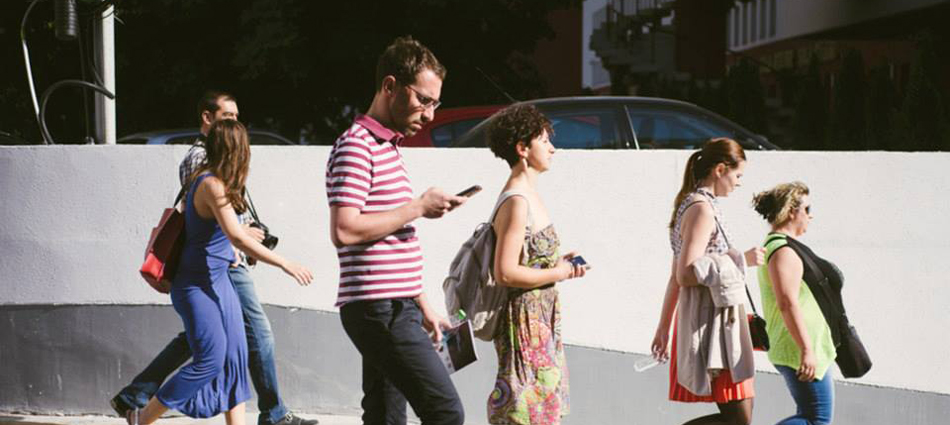
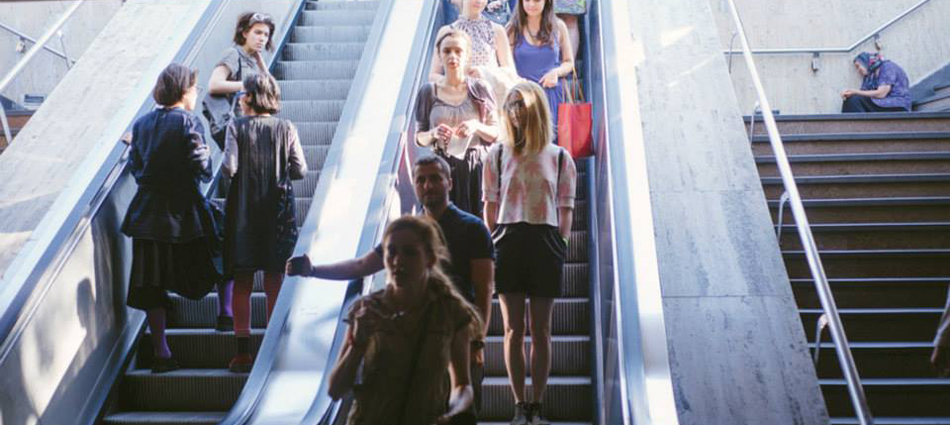
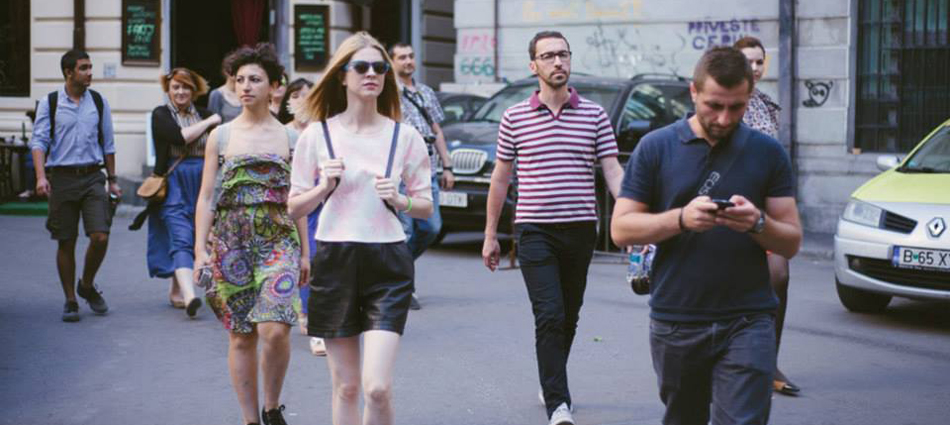
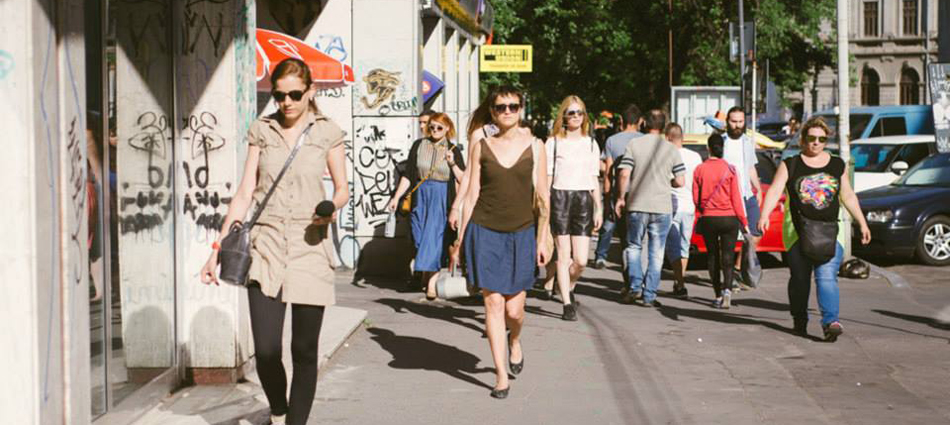
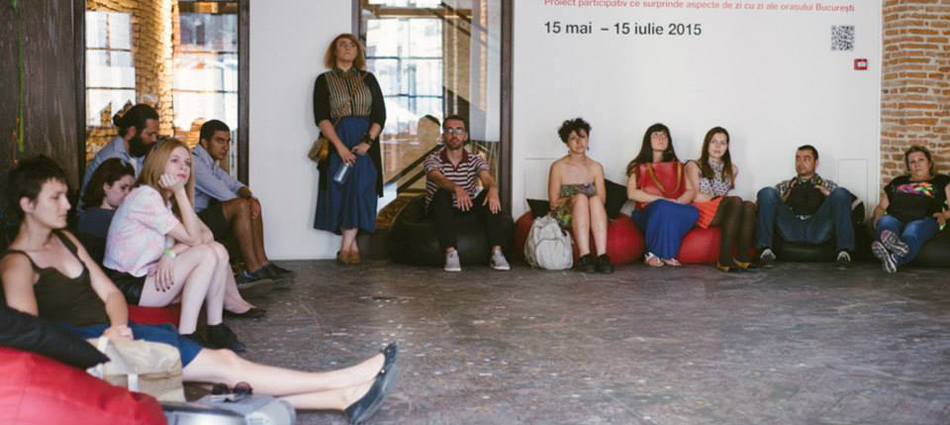
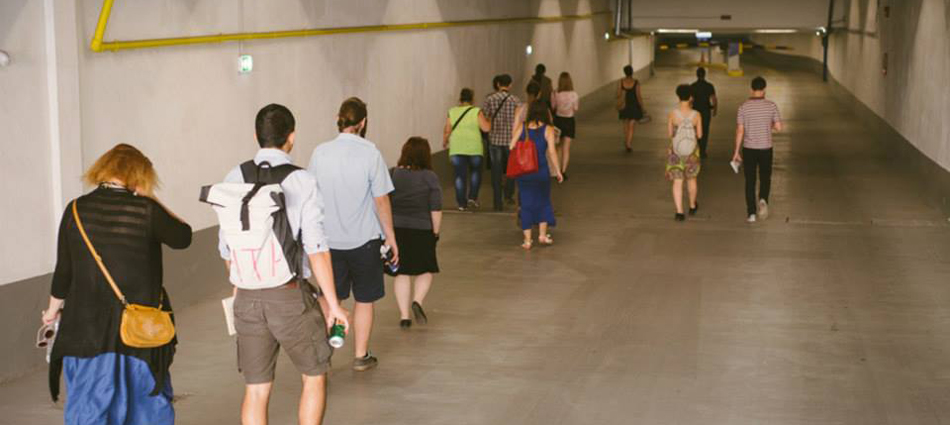
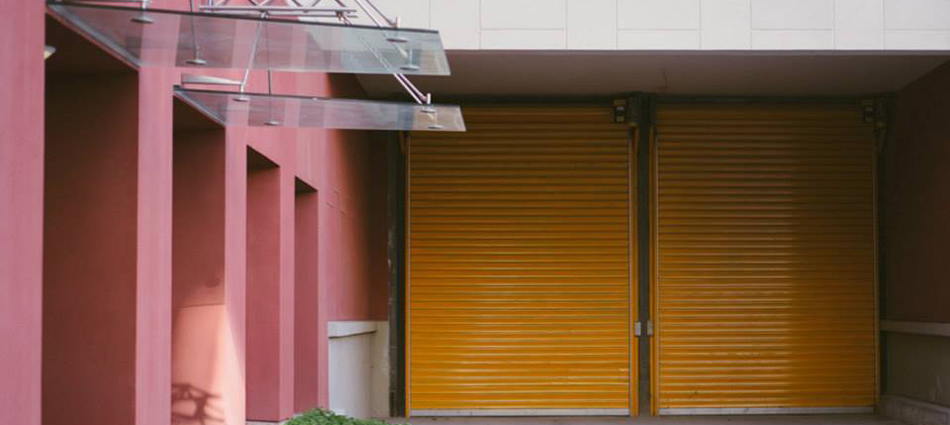
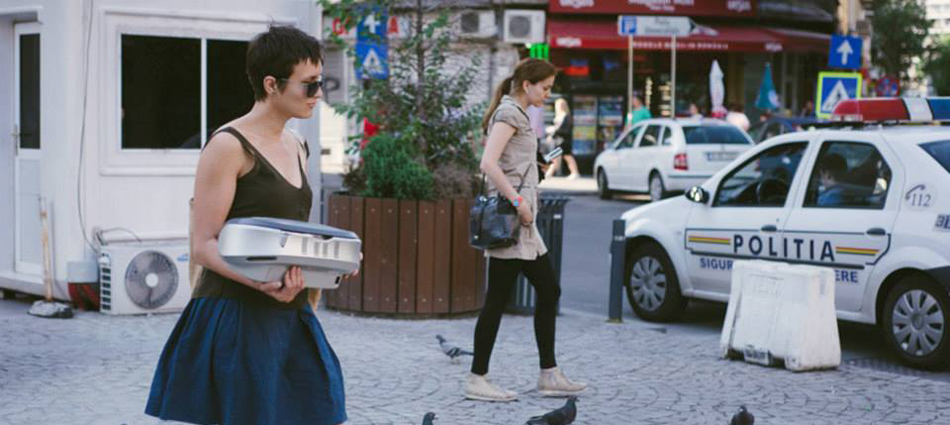
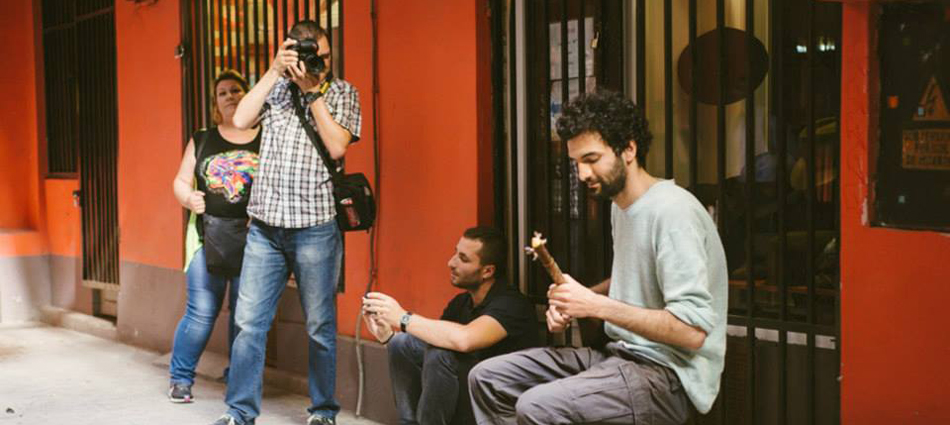
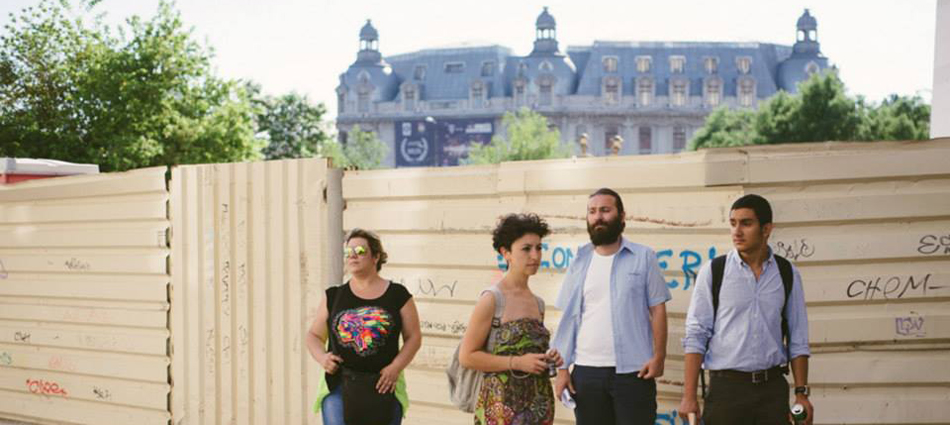
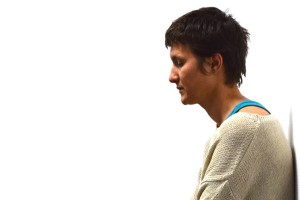
Comments are closed here.